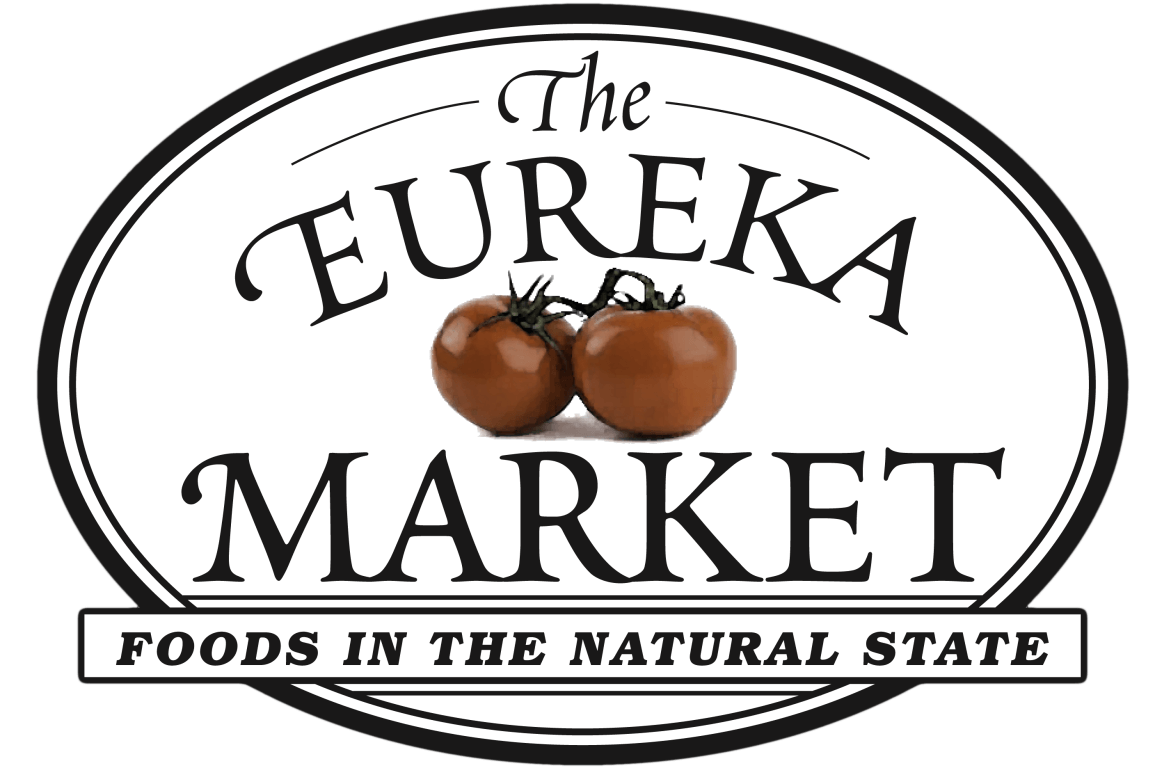The two ways to get vitamin D are by exposing your skin to sun and by taking Vitamin D supplements. Very few foods contain Vitamin D and those that do contain very small amounts (beef liver, the fat of various fish, egg yolks) and it is not possible to eat enough of these foods to get what we need. There are receptors for Vitamin D in every tissue of the body and it is vitally important for the cardiovascular system, bone health, teeth & gums, cancer prevention, pain relief, prenatal & neonatal health, arthritis prevention & treatment, immune system health, and prevention of depression.
The amount of Vitamin D produced from sunlight depends on the time of day, where you live in the world, the season, the color of your skin, your age, time spent in the sun, and how much skin is exposed. The further you live from the equator, the less you make. For example, at noon in Miami in the winter, in would take fifteen minutes for a fair skinned person to make just 1,000 IU’s. At noon in the winter in Boston, the same person would not be able to make Vitamin D from sun exposure at all.
Think you make adequate Vitamin D from sun most of the year here in the Ozarks? Think again. With the Vitamin D council recommending 5,000 IU’s daily for most adults, it may be harder than you think, and here’s why:
Many people do not spend the time that is needed to make adequate amounts. We cover up. We wear sunscreen. And, there is good evidence from the Vitamin D Council and Dr. Mercola that a significant proportion of Vitamin D is made on the surface of the skin and may take up to forty-eight hours to be absorbed into the bloodstream. In other words, by design, Vitamin D is produced for later absorption. This is a great plan historically, but the majority of this surface Vitamin D is not utilized because showering interferes with absorption.
What do modern humans do after a hike, or working in the garden, or playing outside? We shower. So, we can add frequent showering to the list of things that explain why modern levels of Vitamin D leave us deficient.
A basic guideline on dosage from the Vitamin D Council recommends 1,000 IU’s for infants, 1,000 IU’s per 25 pounds of body weight for children, and 5,000 IU’s for adults, with the upper limit set at 10,000 IU’s a day. Do research to determine your needs, discuss it with your health practitioner, or get your levels tested.
Supplementation is easy, affordable, and Eureka Market stocks many forms: tablets, capsules, sprays, liquid drops, and chewables are all available.
With a plethora of health websites to choose from, where should you go? We get this question a lot and we tell customers to find a handful of reputable websites and compare and contrast information among them—don’t just rely on one source.
Some website to check out:
drperlmutter.com – This website features the work of David Perlmutter—our favorite neurologist, author of Brain Maker, champion of gut microbes, and formulator of Garden of Life’s new probiotic line. His brainy research is game-changing!
livestrong.com – With a focus on fitness, this site offers free calorie tracker, a library of workouts, a community page for health questions and a search box that will pull up a wellspring of articles on many subjects.
drmercola.com – A maven of natural health information since 1997, Dr. Mercola’s website is the most popular alternative-health site on the internet. Sometimes controversial and extreme, this is a great resource for alternative perspectives.
webmd.com – This site is more mainstream-leaning than alternative, but still a valid resource. The ability to search for a vitamin, an herbal, a condition, a pharmaceutical, as well as recipes and lifestyle issues, makes this a full-service website loaded with information.
All Eureka Market Education Guides are intended for educational purposes only. The guides are NOT intended to substitute for professional medical consultation and as such, do not diagnose, prescribe or offer personal medical advice. Always consult with your health care professional before taking supplements with prescription medications.




